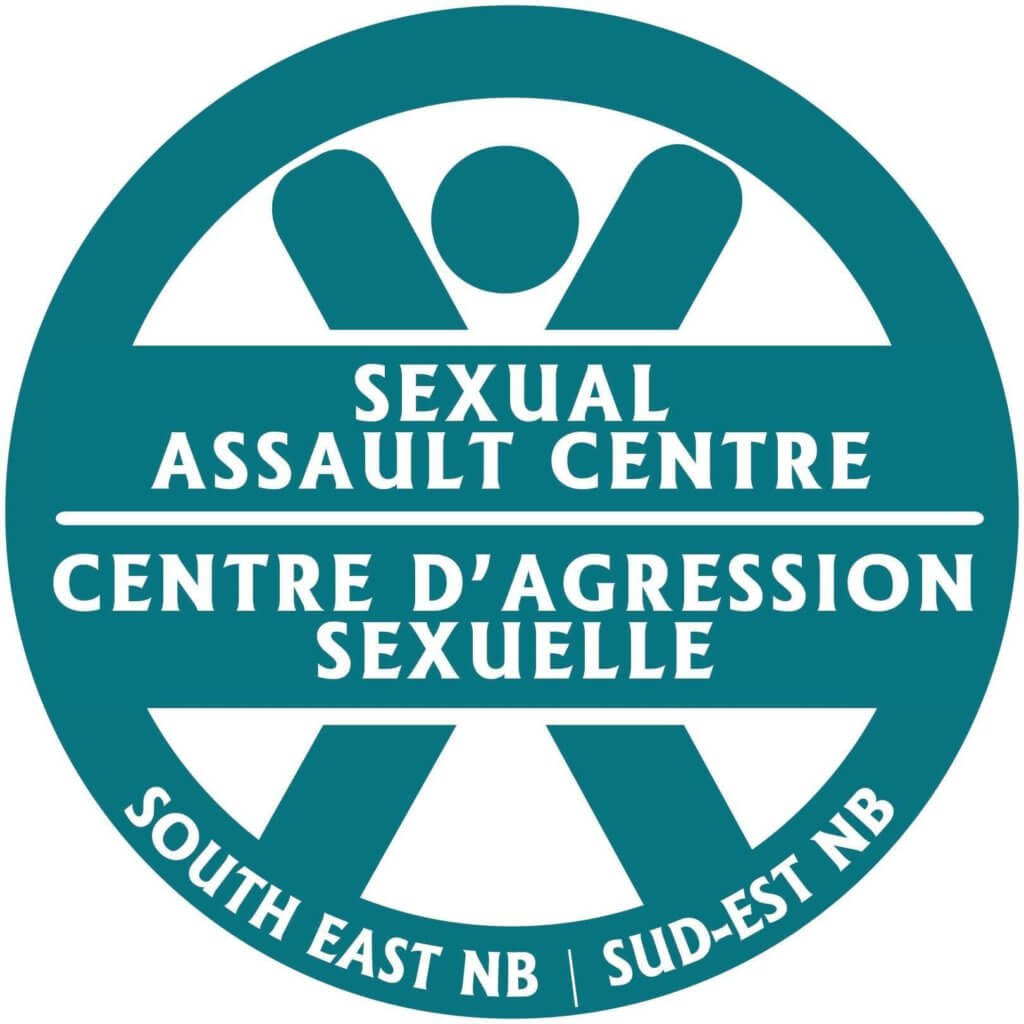
Mount Allison students love to volunteer and many sign up for clubs, societies and even services like SHARE hoping to make a difference on campus and in the community. But do students always feel prepared?
“SHARE has to adapt to the needs of our campus community,” explained Melody Petlock, the SHARE advisor. “So when student volunteers, such as residence SHARE house reps, told me they were receiving disclosures [of sexual violence], I thought about what could be done.”
Petlock felt that the sentiment of “It’s not our job” was inconsistent with being a trauma-aware and caring campus community. “We need to be there when survivors need us, so I try to train as many people as possible to be allies and to know how to respond to disclosures,” she said.
It is also important for people to know how to care for themselves in the wake of a disclosure of sexual violence. While many members of the Mount Allison community, including faculty, have received Response to Disclosure training, there was a clear need for further education on the topics of disclosure and self-care.
“Burnout and secondary wounding are big issues in sexualized violence response, so it’s an important part of our training,” explained Ashley Hall, a training and outreach worker with the South East Sexual Assault Centre (SESAC). As caring, empathetic individuals, it is easy to adopt the pain of others with the hope of helping them lighten their load. However, in order to be at our most able to empower and lift up others, it is absolutely necessary to prioritize ourselves.
Both SESAC and SHARE aim to equip students with the knowledge and tools they need to respond to disclosure of sexual violence and for a lifetime of good self-care.
After a month of delivering training and Orientation Week activities such as a consent campus takeover, Petlock was delighted when SESAC agreed to bring their volunteer training workshop to Mt. A.
The training, which is taking place over the course of two Sundays, is led by Petlock and Hall, who deliver the information on disclosure and self-care in a way that is informative and asks the participants to reflect on themselves and their own experiences. The two sessions include several self-care breaks; activities aimed at sparking thought on privilege, intersectionality and their roles in response to disclosure; and roundtable discussions.
Both Petlock and Hall were very open to answering any question participants had about the services that their organizations provide, and both were eager to shed light on certain facets of sexual violence that are often forgotten. These included conversations about specialized groups such as elderly women, members of the LGBT2Q+ community, male survivors, survivors who are children, and the way in which housing is provided by organizations such as SESAC for survivors of sexual and domestic abuse.
The first responder to disclosure session began with a discussion about the group norms and the hopes and fears of all the participants, lead by Petlock. Some of the community standards the group established were: respecting each other’s pronouns, confidentiality, “sharing the air,” advocating for yourself and others, respecting boundaries, taking breaks, inclusivity and listening to others without judgement. These are all important standards that SHARE and its volunteers will maintain and promote at Mt. A.
The training also covered information about SHARE and Mt. A’s Sexual Violence Response and Prevention Policy, as well as information about SESAC, feminist work and important issues like power, privilege, intersectionality and how these impact victims and workers in the area of sexualized violence.
The session was well attended by both returning and new volunteers. It included the two SHARE student assistants (myself included), the two Walk-Home coordinators, members of the Women and Gender Studies Society Executive, the Music Society Executive, house representatives from most of the campus residences and several general volunteers.
By the end of the training, the students will have earned a non-credit certificate of completion. I myself am looking forward to next week’s training session, where there will be an emphasis on understanding consent, laws and procedures in order to better support survivors. This knowledge is valuable, as it can be used to answer the questions and needs of survivors.
Like SHARE, SESAC adopts a trauma-informed approach that is sensitive to the individual needs of survivors, continually adapting its services to meet their diverse needs. “We need to meet people where they’re at and proceed from that point,” said Hall.
SHARE offers crisis response, confidential advice and referral to members of Mount Allison’s Sexual Assault Response Team for counselling, health care and even help to arrange financial advising. SHARE can help with campus issues such as imposing interim safety measures while complaints are being processed, administering no-contact agreements and setting up internal investigations in response to student complaints. The service also refers survivors and their allies to community resources such as the police, the hospital and organizations like SESAC.
SESAC offers free, confidential, specialized sexual assault violence services, including crisis and long-term counselling, both in person and through a 24-hour crisis line. Both SHARE and SESAC offer survivor support groups, information and referrals to other community agencies.
As mentioned above, the trauma of a loved one, friend, family member, acquaintance or stranger can in turn be traumatizing to the person they are disclosing to. SHARE is prepared to provide counselling and support to friends of survivors and SESAC does work with both friends and family.
SHARE will also accompany students to off-campus services upon request. “It’s all about being there for students,” Petlock said. “I’ll do what they need – what helps them.”SHARE is Mount Allison’s on campus service for the prevention, education and response to any form of sexual violence. If you have experienced any form of sexual violence, SHARE is a great way to care for yourself or a friend! Melody Petlock can be contacted through [email protected] or by phone through 506-540-7427.





